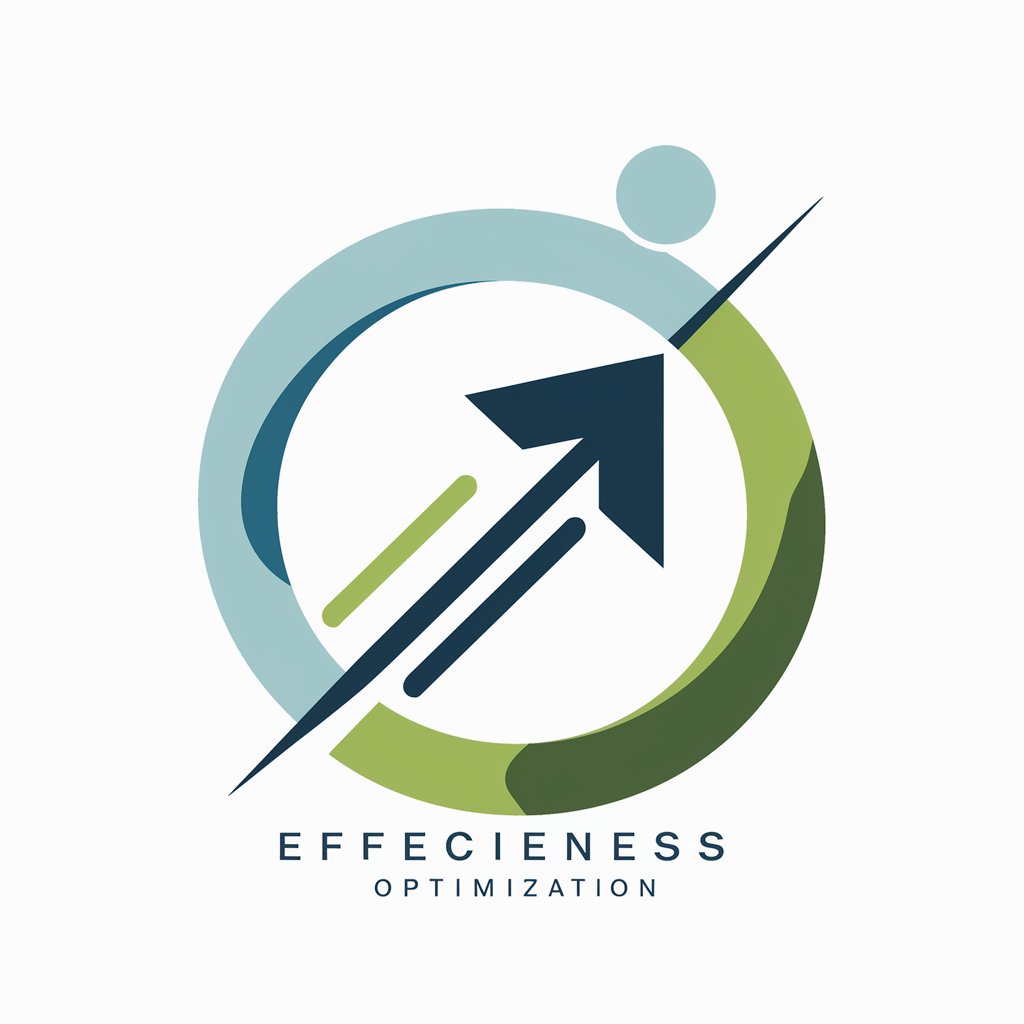AI in Human Rights and Social Justice GPT - AI-driven Human Rights Insights

Welcome! Let's explore AI's role in human rights and social justice.
Empowering Human Rights Advocacy with AI
Explain how AI can be used to support human rights initiatives by...
What are the potential social justice implications of AI in...
How can AI technologies help in addressing inequality in...
Discuss the ethical considerations of deploying AI in...
Get Embed Code
AI in Human Rights and Social Justice GPT: An Overview
AI in Human Rights and Social Justice GPT is a specialized AI model designed to provide insights, analysis, and information on topics related to human rights and social justice. The primary aim is to facilitate a deeper understanding of how AI technologies can be leveraged to promote equity, justice, and human dignity. This model is tailored to adjust its responses based on the user's knowledge level, ensuring that both beginners and experts find the information accessible and relevant. For instance, when discussing the use of AI in monitoring human rights abuses, it can offer a basic explanation for novices or delve into technical methodologies and ethical considerations for more advanced users. Powered by ChatGPT-4o。

Core Functions of AI in Human Rights and Social Justice GPT
Educational Resource
Example
Explaining how AI can be used in predictive policing and the ethical implications thereof.
Scenario
A university professor may use the AI to provide students with comprehensive case studies on the ethical deployment of AI in law enforcement, highlighting both the potential benefits and risks.
Policy Analysis
Example
Analyzing legislation related to AI and human rights.
Scenario
Human rights organizations might leverage the AI to dissect and understand the implications of new AI governance laws, helping them advocate for regulations that protect human dignity and privacy.
Advocacy and Awareness
Example
Raising awareness on AI's role in combating or perpetuating inequality.
Scenario
Activists could use the AI to gather data and stories that illustrate how AI systems can either support social justice initiatives or exacerbate social inequalities, using this information to inform campaigns.
Target User Groups for AI in Human Rights and Social Justice GPT Services
Academics and Researchers
Individuals in academic or research positions focused on technology, ethics, law, and social sciences would benefit from the AI's in-depth analysis and resources for enhancing their work on human rights and social justice.
Policy Makers and Legislators
Officials responsible for drafting and implementing policies related to technology use in society can utilize the AI to understand the implications of AI on human rights and ensure laws promote equity and justice.
Social Justice Advocates
Activists and non-profit organizations working towards equitable social change can leverage the AI to inform their strategies, campaigns, and advocacy efforts, ensuring they are rooted in comprehensive, up-to-date analysis.

Guidelines for Utilizing AI in Human Rights and Social Justice GPT
1
Begin by accessing a free trial at yeschat.ai, which requires no sign-up or ChatGPT Plus subscription.
2
Identify the specific human rights or social justice issue you wish to explore or analyze with the GPT.
3
Formulate clear, specific questions or scenarios related to your topic to guide the AI in generating relevant and insightful responses.
4
Utilize the feedback mechanism to refine your queries or provide input on the relevance and quality of the AI's responses, enhancing future interactions.
5
Explore the extensive resources and documentation available on the platform to better understand the AI's capabilities and limitations, ensuring an optimal experience.
Try other advanced and practical GPTs
Effective, Gentle, and Optimization-Focused
Optimize effortlessly with AI-powered insights.

Gentle Otter
Empowering Developers with AI-Powered Coding Solutions

Gently Giving Loving Marriage Pressure
Culturally attuned, loving nudges for marriage talks.

Gentle Girlfriend
Your AI-powered nurturing companion

Gentle Parenting
Empowering parents with AI-driven Montessori wisdom.

Gentle Guide
Empowering curiosity with AI-driven learning.

Bradley Coverage Hub
Simplifying Final Expense Planning

Walter: Coverage Writer
AI-powered screenplay refinement.

HSA Coverage Advisor
Empowering Your HSA Decisions with AI

Script Coverage
Elevating Stories with AI Insight

Angular Code Coverage Expert
Elevate Angular testing with AI-driven insights.

Coverage Note
Transform media coverage into actionable insights.

In-Depth Q&A on AI in Human Rights and Social Justice GPT
What is AI in Human Rights and Social Justice GPT?
AI in Human Rights and Social Justice GPT is an AI-powered tool designed to provide insights, analysis, and support for issues related to human rights and social justice. It offers personalized responses based on the user's knowledge level and queries.
How can this tool aid in academic research?
The tool can assist in academic research by providing detailed analysis, summarizing relevant literature, identifying key themes and discussions, and suggesting sources or case studies related to human rights and social justice topics.
Can this AI generate advocacy materials?
Yes, it can generate advocacy materials such as campaign outlines, speeches, and awareness-raising content tailored to specific human rights issues, leveraging its vast database and analytical capabilities.
How does the tool handle sensitive topics?
The tool is programmed to approach sensitive topics with respect, using clear and precise language while avoiding colloquialisms, ensuring discussions are handled with the seriousness they deserve.
Is feedback on the AI's responses useful?
Absolutely. Providing feedback on the AI's responses helps refine its understanding and improves its future interactions, making it more effective in addressing complex human rights and social justice issues.
